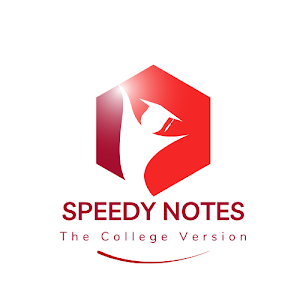[alert-success] HEL - William J. Long [/alert-success]
[alert-warn] UNIT I : INTRODUCTION - THE MEANING OF LITERATURE[/alert-warn] [alert-primary] Overall Summary[/alert-primary]
[alert-primary] Overall Summary[/alert-primary]
[btn href="http://www.speedynotes.in/2022/06/history-of-english-literature.html" class="bt" btn]Back >[/btn]
Literature is the expression of life in words of truth and beauty; it is the written record of man's spirit, of his thoughts, emotions, aspirations; it is the history, and the only history, of the human soul.
Literature has unique qualities. First, literature is artistic. All art is the expression of life in forms of truth and beauty. Literature
is the written record of the race, including history, sciences, poems,
and novels. In the narrower sense, literature is the artistic record of
life. Second, literature is suggestive, appealing to emotions and imagination rather than intellect. Its charm is what it awakens in us, not what it says. Permanence is the third and final characteristic of literature. Though the world is hurry and materialistic, it doesn't let beauty die.
The two tests are its universal interest and its personal style. It
appeal to broad human interests and simple emotions. Though we speak of
national and race, literature knows no nationality nor any bounds. It
focuses on basic human passions and emotions, such as love, hate, joy,
sorrow, fear, and faith. The more it reflects these emotions, the more
it affects people of all races.
The object in studying Literature, besides the pleasure of reading, is to know men. Man is a dual creature with an outer and inner nature. Man is a doer and dreamer. Literature reflects the soul of man rather than his actions.
The importance of Literature lies in the fact that It preserves to the race the ideals upon which all our civilization is founded, it is one of the most important and delightful subjects that can occupy the human mind.








0 Comments